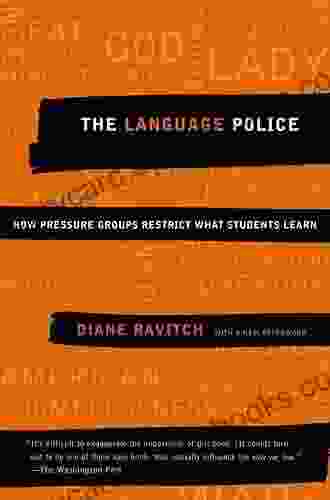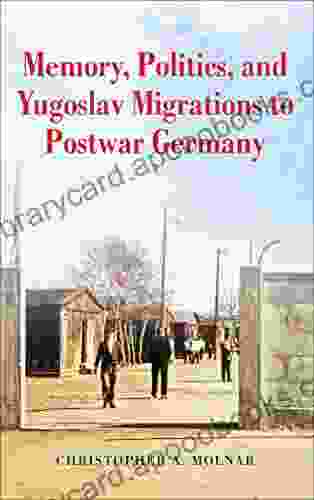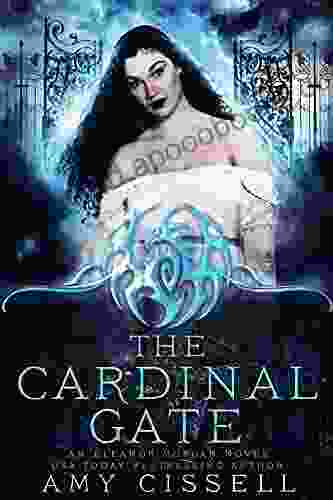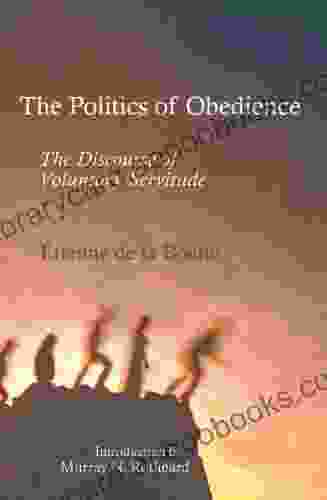**How Pressure Groups Restrict What Students Learn: A Comprehensive Guide to Educational Censorship in Schools**

****
Education is the cornerstone of a vibrant society, empowering individuals with the knowledge and skills necessary to navigate the complexities of the modern world. However, in recent years, the hallowed halls of academia have become battlegrounds for ideological clashes, with pressure groups exerting undue influence over what students are taught and how they think.
This article delves into the insidious tactics employed by pressure groups to restrict what students learn, exploring their motivations and highlighting the detrimental consequences for students, educators, and society as a whole.
4.3 out of 5
| Language | : | English |
| File size | : | 1099 KB |
| Text-to-Speech | : | Enabled |
| Enhanced typesetting | : | Enabled |
| Word Wise | : | Enabled |
| Print length | : | 290 pages |
| Screen Reader | : | Supported |
**Types of Pressure Groups**
Pressure groups come in various forms, each with its own agenda and methods of operation.
Religious Groups
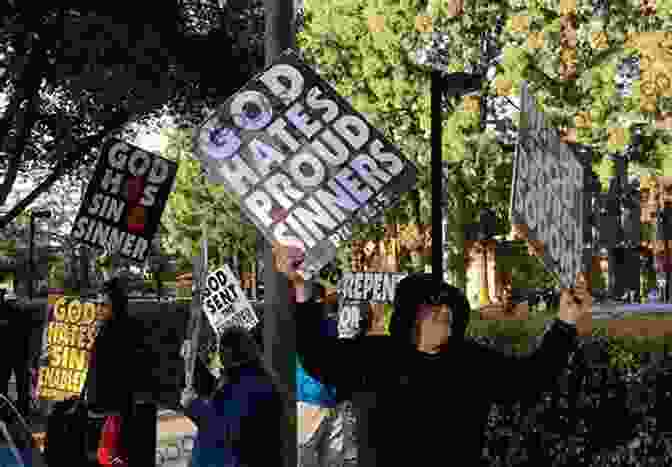
Religious groups often seek to censor material they deem offensive or contradictory to their beliefs. They may target textbooks, curriculum, and even guest speakers to ensure that students are not exposed to ideas that challenge their faith.
Political Groups
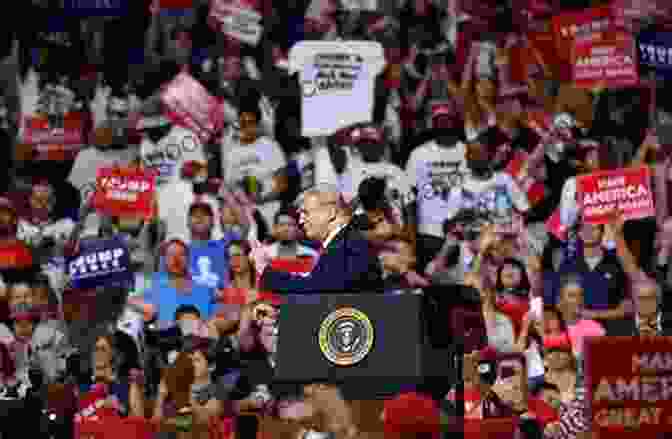
Political groups leverage their influence to advance their own ideologies and suppress opposing views. They may pressure schools to adopt biased textbooks, promote certain historical narratives, and silence dissenting voices.
Ideological Groups

Ideological groups advocate for specific agendas, such as climate change denial or anti-vaccination sentiment. They often use propaganda and misinformation to sway public opinion and pressure schools to conform to their views.
**Tactics of Censorship**
Pressure groups employ various tactics to restrict what students learn, including:
Book Banning
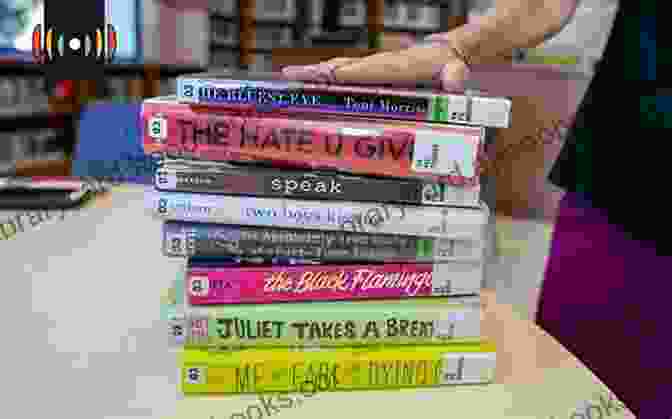
Pressure groups target specific books that they find objectionable, demanding their removal from school libraries and classrooms. They often allege that these books are inappropriate, offensive, or harmful to children.
Curriculum Control
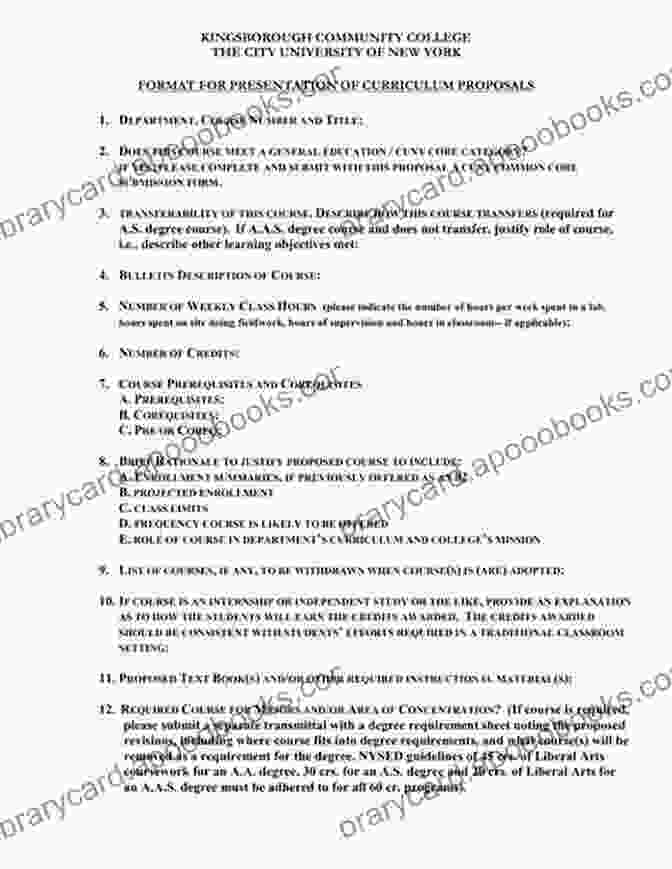
Pressure groups lobby school boards and policymakers to influence the curriculum, ensuring that it aligns with their own beliefs. They may advocate for the exclusion of certain topics or the inclusion of biased material that supports their agendas.
Speaker Silencing
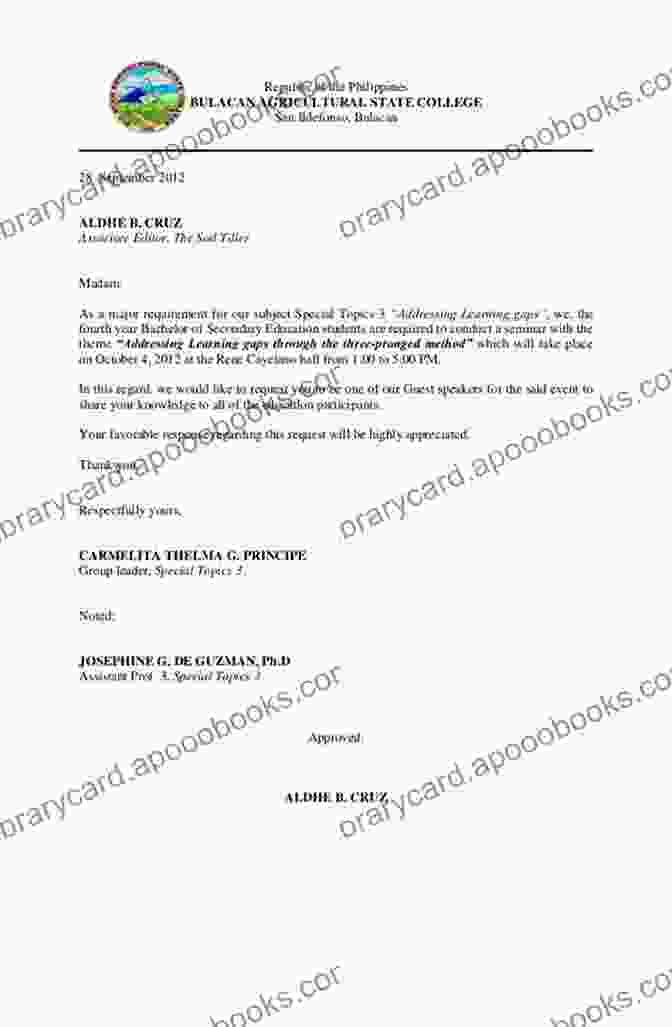
Pressure groups may intimidate or threaten guest speakers who hold views that they oppose. They may organize protests, write letters of complaint, or even file lawsuits to prevent these speakers from presenting their perspectives.
Self-Censorship
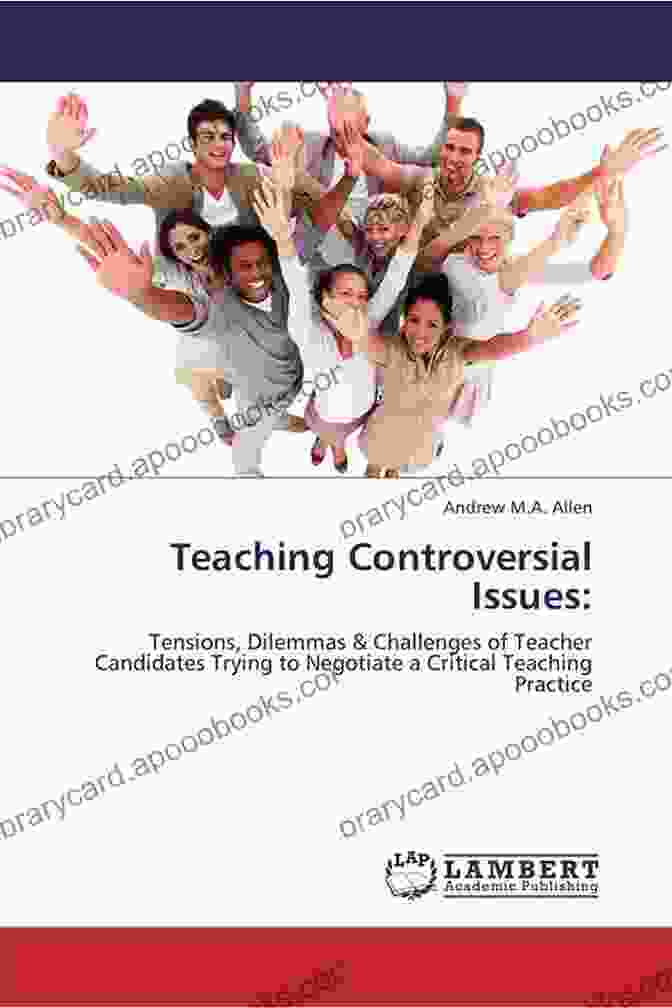
Fear of reprisal or backlash from pressure groups can lead to self-censorship among educators. Teachers may avoid teaching sensitive topics or presenting diverse perspectives to avoid controversy or protect their jobs.
**Consequences of Censorship**
The censorship of education has severe consequences for:
Students
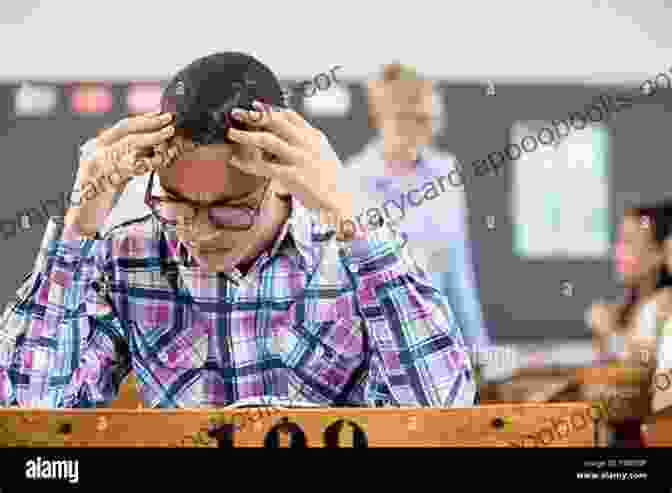
Censorship deprives students of the opportunity to develop critical thinking skills, learn about diverse perspectives, and engage with controversial ideas. It creates an environment where students are shielded from important information and denied the cognitive growth that comes from intellectual exploration.
Educators

Educators are responsible for providing students with a well-rounded education, but censorship undermines their ability to do so. They may be forced to teach biased material, omit important information, or avoid discussing controversial topics out of fear of retaliation.
Society
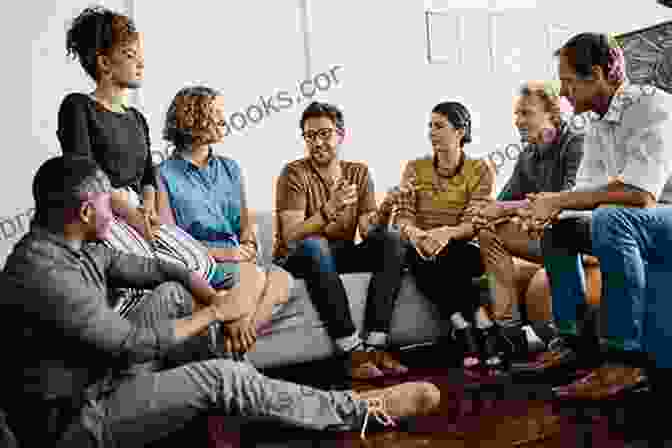
Censorship in education has long-term implications for society. It creates a generation of citizens who are ill-equipped to understand complex issues, form informed opinions, and engage in meaningful discourse. It stifles innovation, hampers creativity, and undermines the democratic principles that our society is built upon.
**Protecting Educational Freedom**
It is imperative to protect educational freedom from the encroachment of pressure groups. Here are some measures that can be taken:
Advocate for Academic Freedom
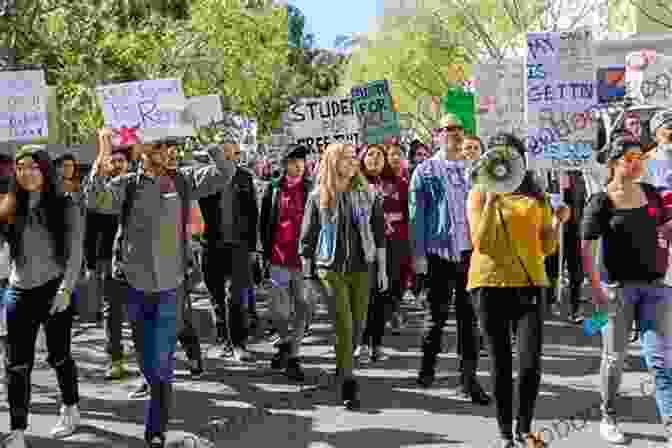
Support organizations and initiatives that promote academic freedom and protect the rights of educators and students to teach and learn without fear of censorship.
Support Inclusive Education
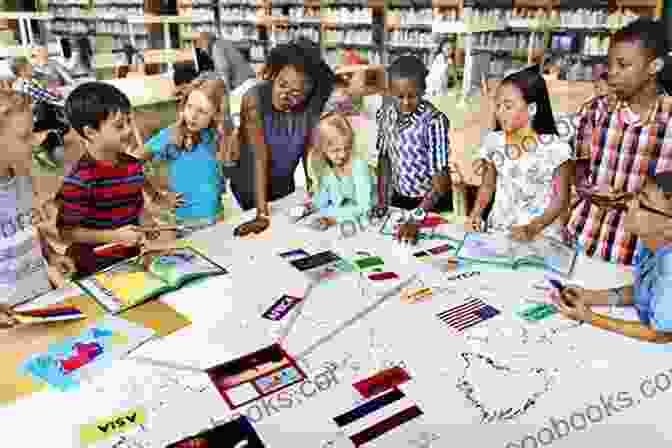
Promote curricula that present diverse perspectives, challenge biases, and encourage critical thinking. Create welcoming and inclusive environments where all students feel valued and respected regardless of their background or beliefs.
Promote Critical Thinking
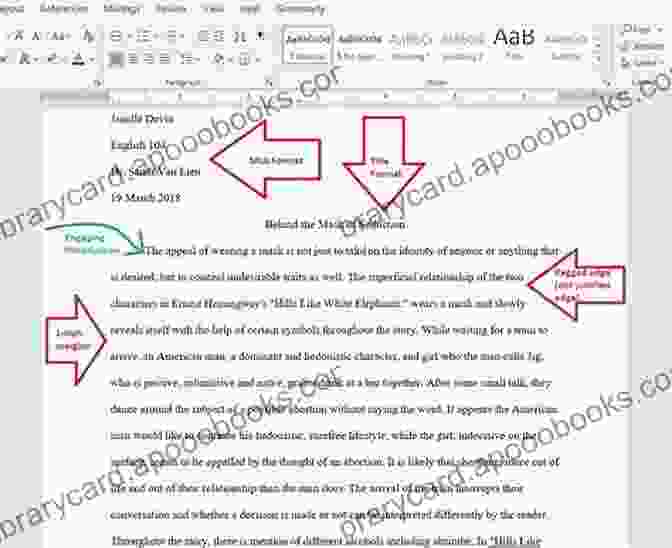
Encourage students to question assumptions, evaluate evidence, and form their own opinions based on reason and evidence. Support programs that teach critical thinking skills and promote open-minded inquiry.
Defend the First Amendment
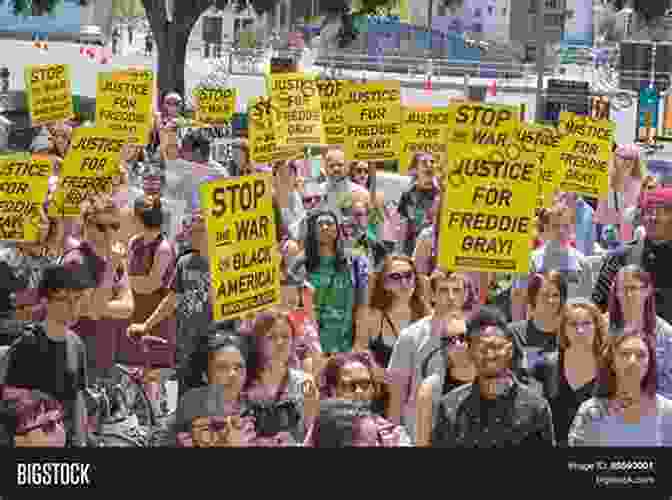
The First Amendment protects freedom of speech and academic inquiry. Support laws and policies that safeguard these rights and hold pressure groups accountable for attempting to suppress them.
****
Educational censorship is a grave threat to the intellectual and moral development of our society. Pressure groups must not be allowed to dictate what students learn or how they think. By advocating for academic freedom, promoting inclusive education, fostering critical thinking, and defending the First Amendment, we can safeguard the integrity of our education system and ensure that future generations have the knowledge and skills necessary to navigate the complexities of the 21st century.
Only by valuing open inquiry, protecting diverse perspectives, and embracing the power of education can we create a truly just and equitable society.
4.3 out of 5
| Language | : | English |
| File size | : | 1099 KB |
| Text-to-Speech | : | Enabled |
| Enhanced typesetting | : | Enabled |
| Word Wise | : | Enabled |
| Print length | : | 290 pages |
| Screen Reader | : | Supported |
Do you want to contribute by writing guest posts on this blog?
Please contact us and send us a resume of previous articles that you have written.
 Book
Book Novel
Novel Page
Page Chapter
Chapter Text
Text Story
Story Genre
Genre Reader
Reader Library
Library Paperback
Paperback E-book
E-book Magazine
Magazine Newspaper
Newspaper Paragraph
Paragraph Sentence
Sentence Bookmark
Bookmark Shelf
Shelf Glossary
Glossary Bibliography
Bibliography Foreword
Foreword Preface
Preface Synopsis
Synopsis Annotation
Annotation Footnote
Footnote Manuscript
Manuscript Scroll
Scroll Codex
Codex Tome
Tome Bestseller
Bestseller Classics
Classics Library card
Library card Narrative
Narrative Biography
Biography Autobiography
Autobiography Memoir
Memoir Reference
Reference Encyclopedia
Encyclopedia Amanda Hodges
Amanda Hodges Leonard O Pellicer
Leonard O Pellicer Bryan Reeves
Bryan Reeves Judd Apatow
Judd Apatow Vijay Verma
Vijay Verma Keyon Polite
Keyon Polite James W Gaynor
James W Gaynor Amy Mcculloch
Amy Mcculloch Kenny Chesney
Kenny Chesney Jane Sheldon
Jane Sheldon Tim Fulford
Tim Fulford Susan Hatler
Susan Hatler Debra Newby
Debra Newby Alice S Rossi
Alice S Rossi Jassen Bowman
Jassen Bowman James Alexander Thom
James Alexander Thom Stacey Marie Brown
Stacey Marie Brown Uk Jung
Uk Jung Sage Parker
Sage Parker Emma Jacobs
Emma Jacobs
Light bulbAdvertise smarter! Our strategic ad space ensures maximum exposure. Reserve your spot today!
 Cade SimmonsFollow ·15k
Cade SimmonsFollow ·15k Joshua ReedFollow ·7.1k
Joshua ReedFollow ·7.1k Darren BlairFollow ·13.1k
Darren BlairFollow ·13.1k Melvin BlairFollow ·13.5k
Melvin BlairFollow ·13.5k Al FosterFollow ·13.9k
Al FosterFollow ·13.9k Adrian WardFollow ·5.1k
Adrian WardFollow ·5.1k Quincy WardFollow ·5.5k
Quincy WardFollow ·5.5k Clay PowellFollow ·17.8k
Clay PowellFollow ·17.8k

 Roald Dahl
Roald DahlImmerse Yourself in a Mesmerizing Tapestry of Creativity:...
Prepare to be captivated by "Spectra," an...
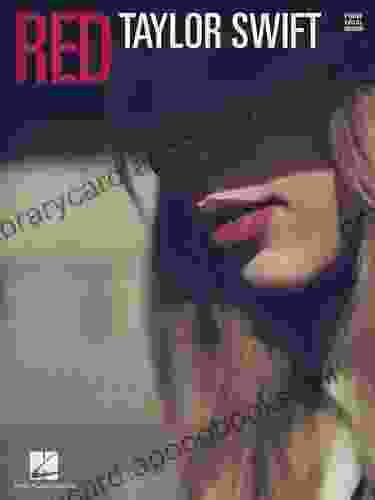
 Clarence Brooks
Clarence BrooksUnleash Your Inner Taylor with Red Piano Vocal Guitar:...
Embrace the Red Era...
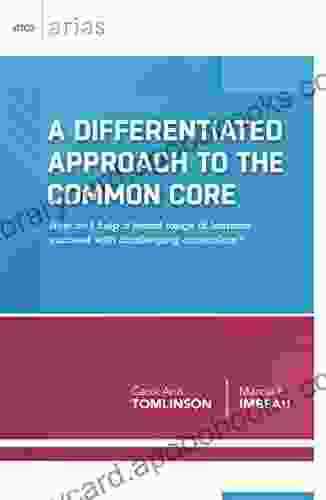
 Jeffrey Hayes
Jeffrey HayesUnlock Your Child's Academic Potential: A Comprehensive...
In today's rapidly changing...
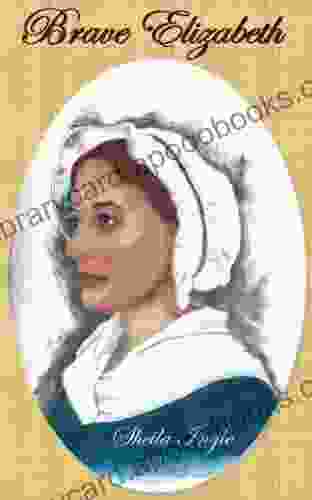
 William Golding
William GoldingBrave Elizabeth: A Captivating Tale of Resilience and...
Immerse Yourself in a Riveting Historical...
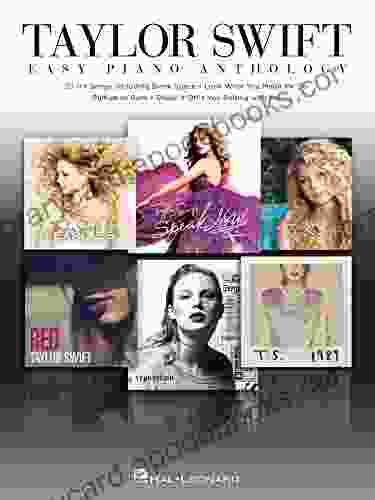
 Curtis Stewart
Curtis StewartUnveiling the Heartfelt Melodies of Taylor Swift: A...
Step into the enchanting world of Taylor...
4.3 out of 5
| Language | : | English |
| File size | : | 1099 KB |
| Text-to-Speech | : | Enabled |
| Enhanced typesetting | : | Enabled |
| Word Wise | : | Enabled |
| Print length | : | 290 pages |
| Screen Reader | : | Supported |


